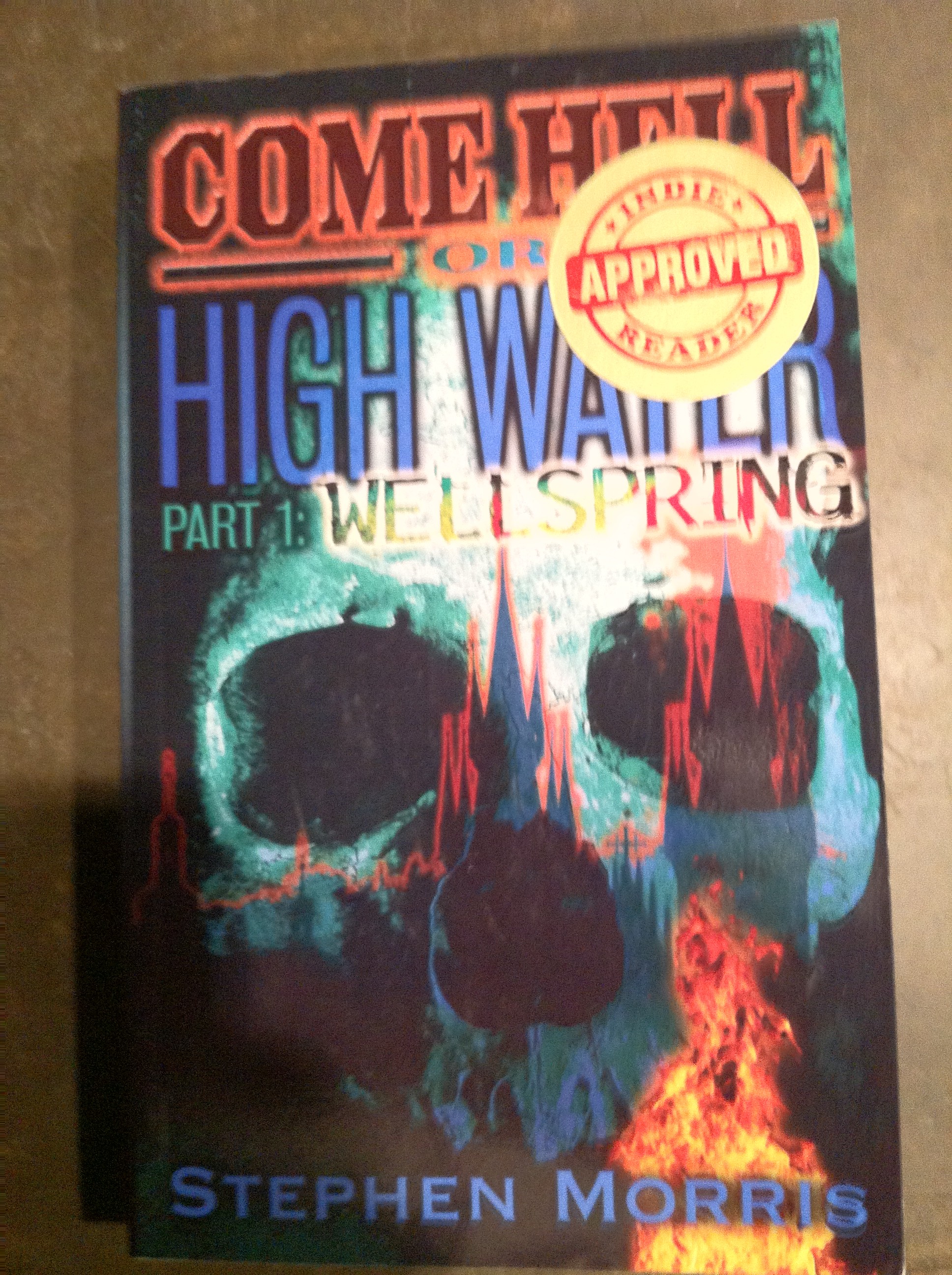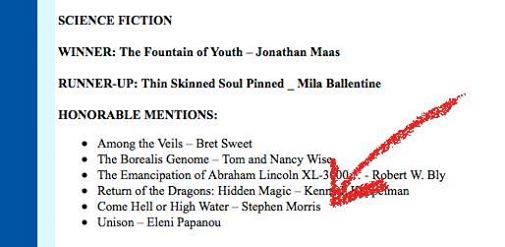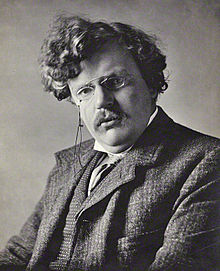The 2014 INDIE READER DISCOVERY AWARDS just announced that Come Hell or High Water, Part 1 has received their coveted “Indie Reader Approved” sticker! Their review says:
“Injustice comes in many forms, large or small. They creep inside our societies. And some injustices can shape the course of history.
COME HELL OR HIGH WATER, PART ONE: WELLSPRING is about setting up a path to find justice. A woman, Fen’ka, a woman with ties to the occult, is burned for the crime of witchcraft, even though she’s helped the town with various request, from love potions to advice, medicine, requests for success, then a treasured cow (actually, it’s a heifer) dies, and all hell literally breaks lose. But Fen’ka manages to call upon Svetovit, a pagan god, and she curses the town’s future.
Fen’ka’s serial curses drive each chapter, and the reader is treated with discovering what might come of them. It’s almost Hitchcokian: Present the players. Tell us that these set of players will suffer. Then set the events loose. You relish in every mishap encountered.
From beyond the grave, Fen’ka enlists the help of a university personal assistant, Magdalena, to help her exact revenge on the town that murdered her, only now we’re in the year 2002.
…Out of the many characters we meet, Father Conrad is a standout. The priest who instigates Fen’ka’s burning and is to blame for another death in the book, rises from hand-rubbing villainy to something far more clever. You sympathize with his passions, and his ultimate fate is perhaps one of the book’s best moments. It’s clear that the author enjoys writing the 1325 sections of the book, because the prose really comes to life.
…Magdalena’s quest is heightened not so much because the reader is interested in seeing her obtain her heart’s desire (power), rather, the question is will Fen’ka get hers. And that’s good enough to propel the reader along.
A well-crafted yarn, which takes you deep into the year 1325, mysticism, religion, and pagan rites in a quaint Prague town, COME HELL OR HIGH WATER, PART ONE: WELLSPRING is an epic journey worth taking.”



